
Uzbeks, which make up about 15 percent of the population, “are severely under-represented” in Kyrgyzstan’s central and local governments, according to Peter Zalmayev, director of the Eurasia Democracy Initiative.
(CNN) — Tens of thousands of Uzbeks are fleeing ethnic violence in southern Kyrgyzstan amid what one aid official described Sunday as a “humanitarian catastrophe,” according to the International Committee of the Red Cross.
At least 114 people have been killed in the clashes and another 1,458 have been wounded, Kyrgyzstan’s national news agency AKI press reported. Earlier Sunday, the government put the figures at nearly 100 people dead and more than 700 hospitalized since fighting broke out Thursday night.
According to one report, the death toll is much higher. Officials in Osh, the city most affected by the violence, said at least 500 ethnic Uzbeks have been killed, according to Ferghana.Ru, an independent news agency.
An estimated 80,000 refugees have fled across the Kyrgyz border into neighboring Uzbekistan, according to ICRC spokeswoman Anna Nelson.
Nelson told CNN that ICRC representatives visited refugee camps Sunday in Uzbekistan, where 30,000 adults, mostly women, have registered. Each woman, Nelson said, has two or three children with her.
Uzbek authorities are providing refugees with food and shelter, but camps are already inundated by the flood of people crossing the border, Nelson said.
ICRC officials said they saw 250 injured people in the camps, including about 40 Uzbek men with gunshot wounds, according to Nelson.
“We do not yet fully understand the true scale of the humanitarian catastrophe that is unfolding in southern Kyrgyzstan,” said Francois Blancy, deputy head of the ICRC regional office in Tashkent, Uzbekistan.
Meanwhile, armed groups were fighting each other for control of the main hospital in the Kyrgyz city of Jalal-Abad, Russia Today reported, as the clashes continue in the strategically important central Asian country.
Severine Chappaz, the deputy head of the International Committee of the Red Cross in Kyrgyzstan, said Sunday that officials are concerned for the security of the civilian population as well as medical staff treating the injured.
“The situation is still volatile,” Chappaz told CNN. “We are now in Osh, and we’re hearing some shootings. There were a lot of shootings during the day near the provincial hospital.”
Chappaz said the Red Cross was sending medical personnel to remote villages where civilians were unable to reach hospitals, but “there’s no security really guaranteed.”
Kyrgyzstan hosts a U.S. military transport base that is vital for supplying its troops in Afghanistan. It also has a Russian military base and strategically important natural gas pipelines.
Russia dispatched additional paratroopers to its base in Kyrgyzstan on Sunday in support of service members already there, Russian news agency Interfax reported, citing a military source.
“The task of the battalion is to guard Russian military facilities and guarantee the security of Russian servicemen and their families” amid the ongoing clashes, he told Interfax.
The violence pits ethnic Kyrgyz against Uzbeks, and comes in the wake of the overthrow of the country’s government in April. An interim government is in place in the capital Bishkek.
The Kyrgyz interim leader, Roza Otunbayeva, has asked for Russian peacekeepers to help end the unrest, the result of interethnic tensions that have been brewing for weeks.
But so far Russia has declined to send more than humanitarian aid.
“This is an internal conflict, and Russia does not yet see the conditions for its participating in resolving it,” said Natalya Timakhova, spokeswoman for Russian President Dmitry Medvedev.
Uzbeks, which make up about 15 percent of the population, “are severely under-represented” in Kyrgyzstan’s central and local governments, according to Peter Zalmayev, director of the Eurasia Democracy Initiative.
“The Uzbek language is still to attain the level or the status of the official language,” Zalmayev told CNN. “Scores of Uzbek language publications and schools have been closed down so there is that resentment.”
On the other side, Kyrgyz citizens are wary of Uzbeks living in the southern part of the country, according to Zalmayev.
“The fear is that Uzbekistan will eventually invade [Kyrgyzstan] … to secure water resources since it lacks sufficient resources of its own,” Zalmayev said.
The interim government on Saturday worked to quell the upsurge of violence, imposing states of emergency in Osh, where fighting between ethnic Uzbek and Kyrgyz youths led to mass rioting, and in Jalal-Abad in order to keep the unrest from spreading there, it said.
But the measures did little to calm the situation Sunday, and Russia Today reported that the interim government has given police permission to shoot to kill rioters on the streets.
Members of the Collective Security Treaty Organization (CSTO) — comprised of Kyrgyzstan, Russia, Armenia, Belarus, Kazakhstan, Uzbekistan and Tajikistan — are set to meet Monday to discuss the crisis, official Russian news agency RIA-Novosti reported.
Amateur video obtained by CNN appears to show dozens of bloodied bodies lined up along a street in Osh as bystanders rush to cover them. The corpses all appear to be men, and one appears to be charred.
Extra army and police units have been dispatched to try to maintain order, and a 6 p.m.-to-6 a.m. curfew has been imposed in several districts of southern Kyrgyzstan until June 20, the government said.
The United States is monitoring developments and is calling for a “rapid restoration of peace and public order in the city of Osh and elsewhere where it appears ethnic violence is occurring,” according to a statement released Saturday by the State Department.
A small group of expatriates from Kyrgyzstan and Uzbekistan demonstrated outside the White House on Sunday, calling for President Obama’s help in ending the crisis.
About 50 people from the Uzbek Indicative Group carried signs reading “Stop the killing” and chanted “Bring peace to Kyrgyzstan.”
The group had earlier sent a letter to Obama “urging the United States and the United Nations to assist in bringing a halt to the current ethnic unrest in southern Kyrgyzstan,” describing the clashes as “the worst ethnic violence in the region since 1990 when hundreds were killed before the quick intervention of Soviet troops.”
Origin – cnn.com

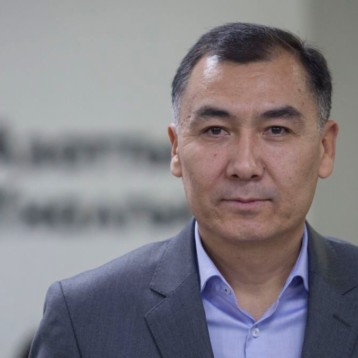
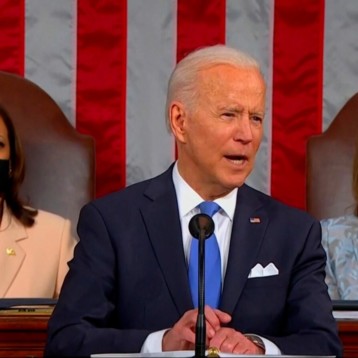
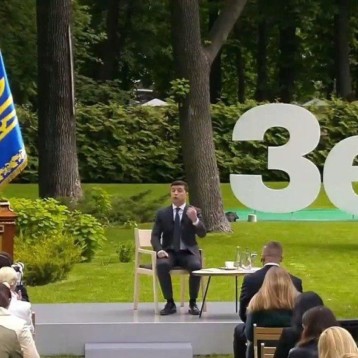
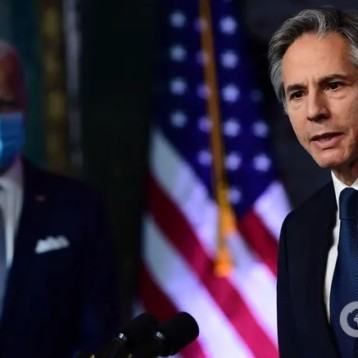

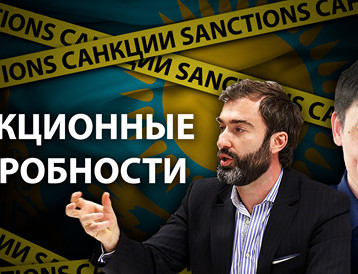
You must be logged in to post a comment.